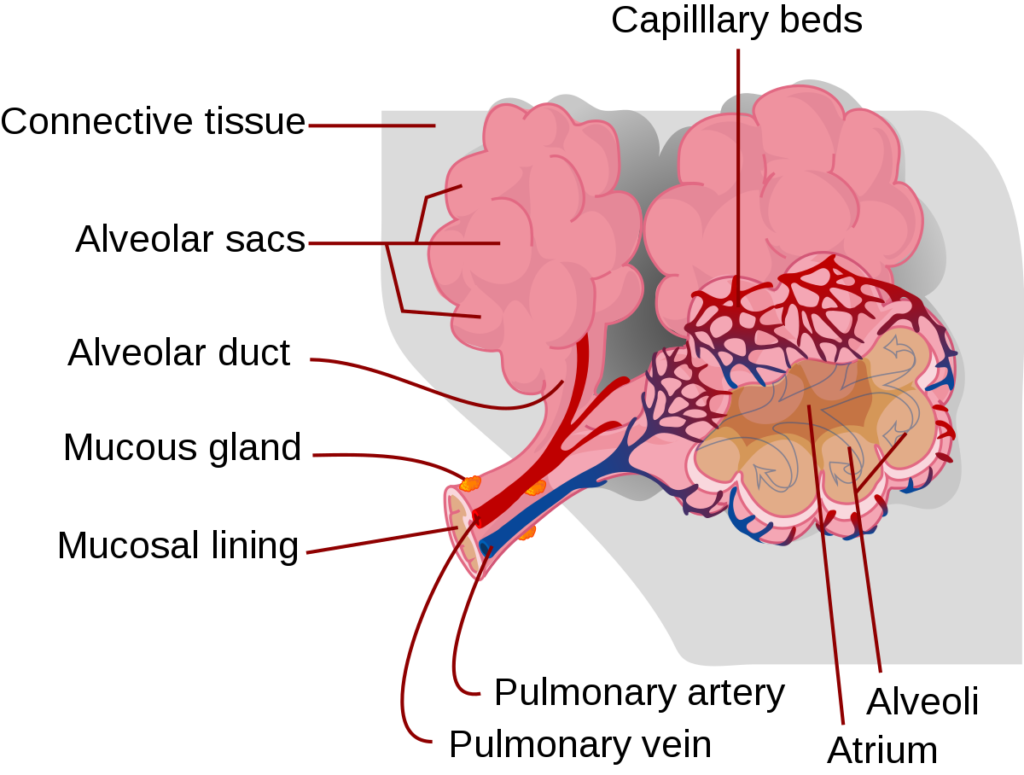Pneumonia is a lung infection caused by bacteria, viruses, fungi or parasites, which presents symptoms such as dry or phlegm cough, high fever and shortness of breath.
The most common pneumonias are those caused by bacteria (bacterial pneumonia), mainly by Streptococcus pneumoniae (pneumococcus).
During the development of the disease, the portions of the lung affected by the infection are filled with a mixture of respiratory mucus and pus, formed by the liquid that escapes from the capillaries, white blood cells and bacteria.
This mixture of mucus and pus accumulates in the pulmonary alveoli , making gas exchange very difficult.

Pneumonia Symptoms
Generally, at the beginning, the symptoms of pneumonia are similar to those of a cold or flu , such as runny nose, sneezing and body aches. Later, other symptoms appear, such as:
- Persistent high fever;
- Chills;
- Dry cough in the beginning, changing to cough with yellow phlegm, with the presence of blood in the secretion;
- Loss of appetite;
- Intense prostration;
- Shortness of breathe;
- Body aches;
- Headache;
- Weakness;
- Tiredness.
Elderly individuals may experience mental confusion, a drop in general condition or worsening of other underlying diseases, such as diabetes.
Read more about:
- Lung
- Bronchitis
Causes of Pneumonia
In most cases, pneumonia is caused by microorganisms (bacteria, viruses, parasites, fungi) present in the mouth, throat or nose and which are aspirated into the lungs.
The disease can also settle after inhaling droplets of saliva and contaminated secretions, that is, through the air.
The diagnosis is made through auscultation and chest x-ray.
Find out which were the Greatest pandemics in human history .
Pneumonia Treatment
Pneumonia treatment is done according to the causative agent. In the case of bacterial pneumonia , the most indicated is the administration of antibiotics.
In the most severe cases or when pneumonia affects the elderly, babies or people with weakened immune systems, hospitalization is necessary for 2 to 10 days.

